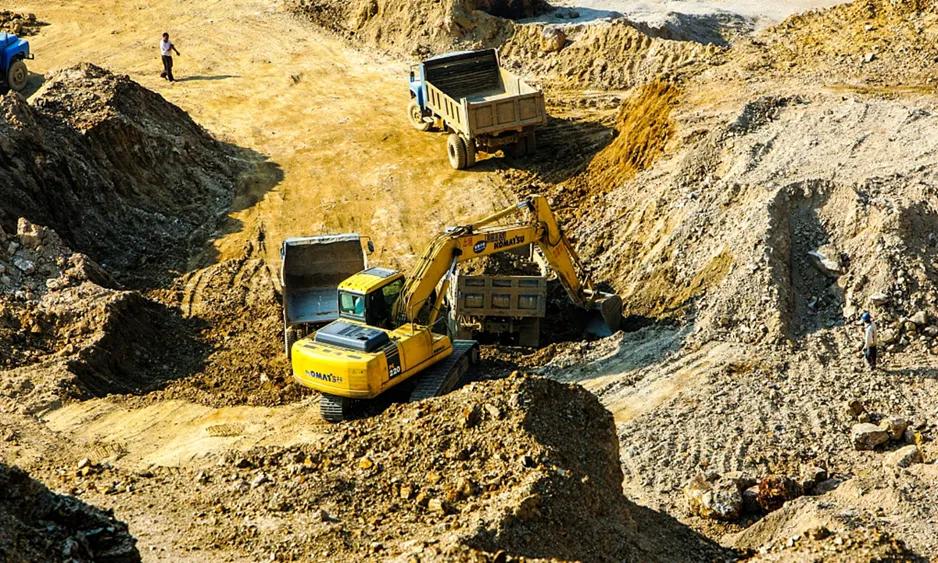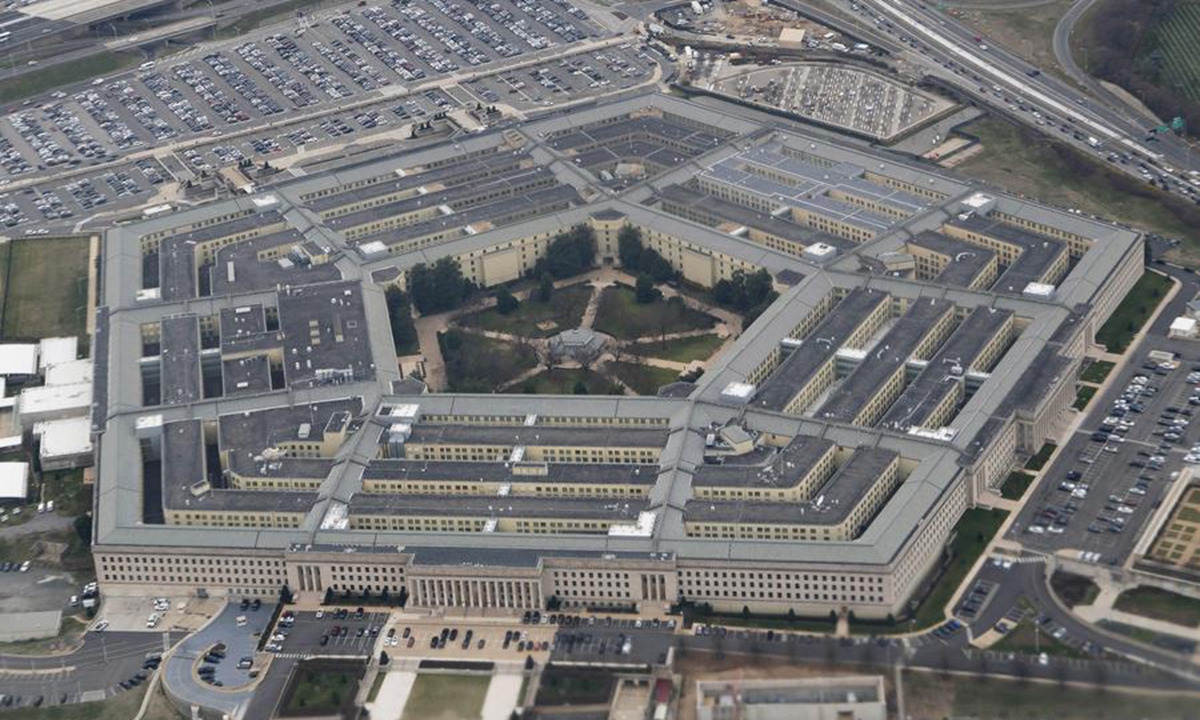China's Rare Earth Magnets Exports to US Continue Growth

China's rare earth magnet exports to the United States experienced a remarkable surge in June, soaring to over seven times their May levels. This dramatic increase emphasizes China's critical role as a key supplier of essential minerals, particularly in the context of its ongoing trade relations with the US.
The significant uptick in exports follows a series of agreements between China and the US reached in June, aimed at resolving existing issues surrounding the shipment of rare earth minerals and magnets. These pacts have laid the groundwork for a more stable trade environment, which has been welcomed by both parties.
According to data released by the General Administration of Customs (GAC), China exported a total of 352.8 metric tons of rare earth magnets to the US in June. This volume reflects a vigorous recovery of essential resources used primarily in electric vehicles and wind turbines, sectors crucial for both economies as they shift toward greener technologies.
The economic value of these exports also witnessed a substantial increase, with the corresponding export value climbing to $16.08 million in June from just $2.42 million in May. This dramatic financial growth underscores the strengthening trade ties and the dependency on rare earth products in the global supply chain.
The positive trends in China's rare earth exports are not limited to magnets alone. Data from the GAC indicates a broader increase in the export of rare earths, with a total of 7,742.2 metric tons shipped abroad in June. This figure marks a 32 percent rise from the previous month and a significant 60.3 percent increase compared to June 2024.
June 2023 has become notable in terms of export volumes, marking the highest amount of rare earth shipments since 2009. Such figures are indicative of China's ability and commitment to meet global demand for rare earth resources.
As noted by industry analysts like Wu Chenhui, China is adopting a responsible approach in regulating its rare earth exports. This strategy seeks to promote civilian application of these materials while addressing potential military concerns, thereby aligning with international standards.
Wu further elaborates that China has been selective in approving export requests, demonstrating a commitment to ensuring the stability of global industrial and supply chains. This highlights the balance China aims to strike between maintaining security while facilitating international trade.
Chinese Foreign Ministry spokesperson Guo Jiakun addressed concerns raised by some Western officials regarding China's regulations on rare earths, reiterating that the country's measures comply with international practices and do not target specific nations.
Guo emphasized China's willingness to collaborate with other countries to enhance dialogue on export controls, reaffirming the nation's dedication to uphold World Trade Organization rules and promote a stable global economic order.
Read These Next

Charging Station Coverage in Expressway Service Areas Hits 98.4%
The Ministry of Transport reports 98.4% coverage of charging stations in expressway service areas, aiding NEV travel needs.

SAIC Hongyan's Court-Ordered Restructuring: Impacts for Investors
SAIC Hongyan has initiated a court-approved restructuring process due to insolvency concerns stemming from debts owed to a subsidiary of its major shareholder. This commentary explores the financial implications of this restructuring, potential risks, and what this could mean for investors and stakeholders moving forward.

Pentagon Probes Microsoft’s Use of Chinese Engineers for Military Tech
Pentagon's review of Microsoft's use of Chinese engineers raises concerns over US-China tech collaborations amid cybersecurity fears.
